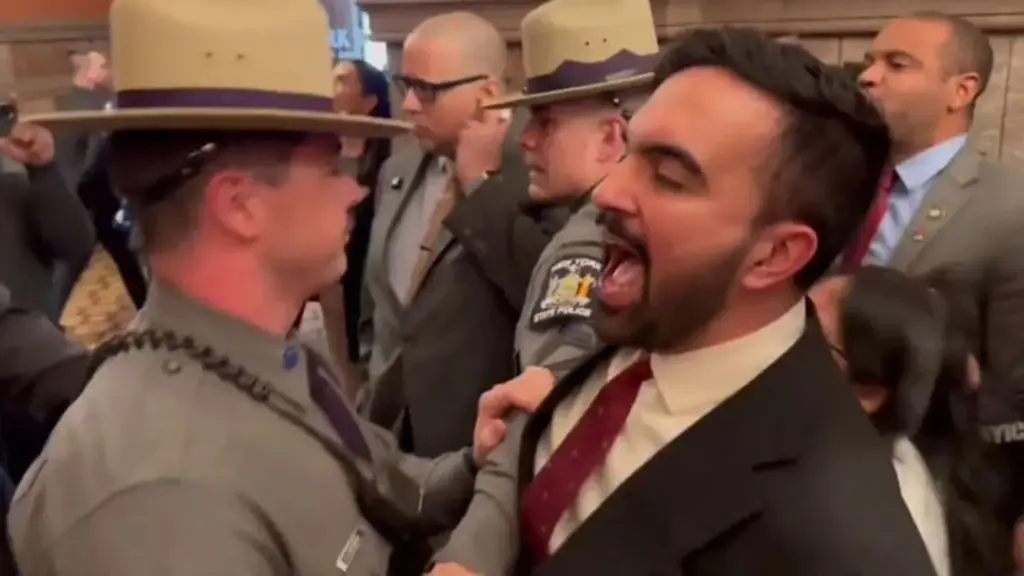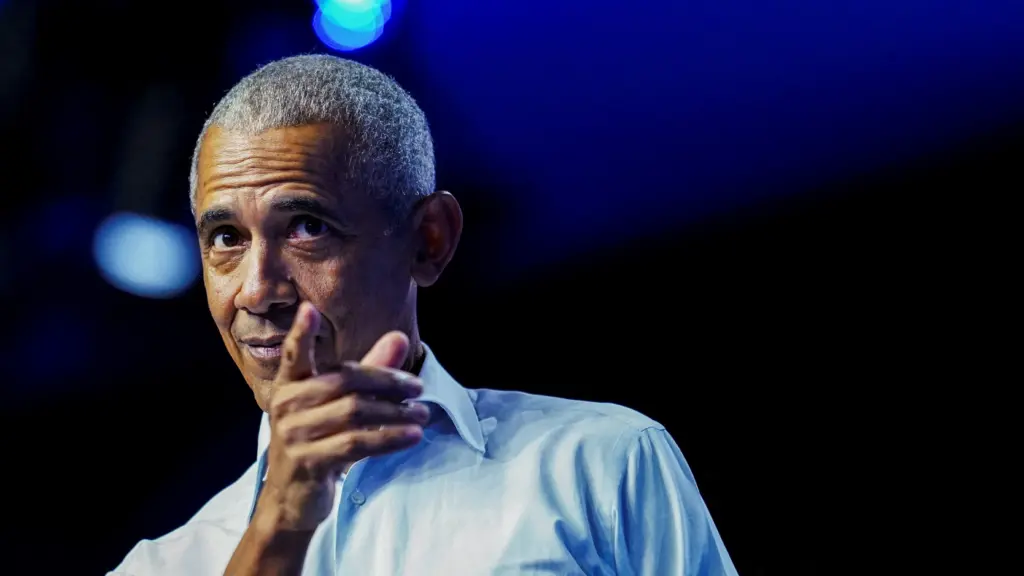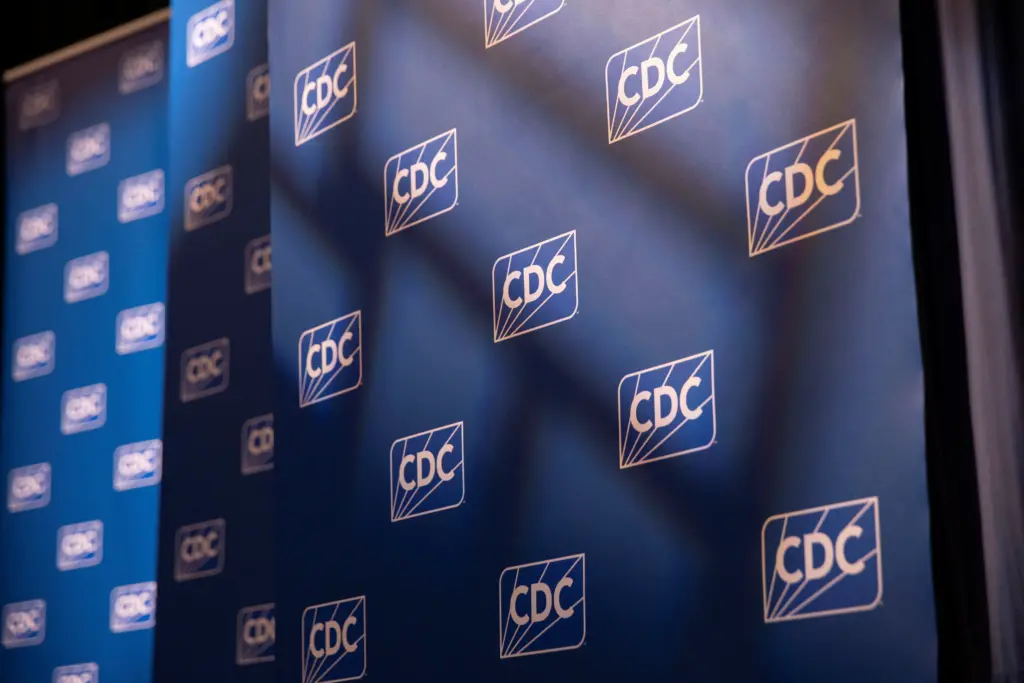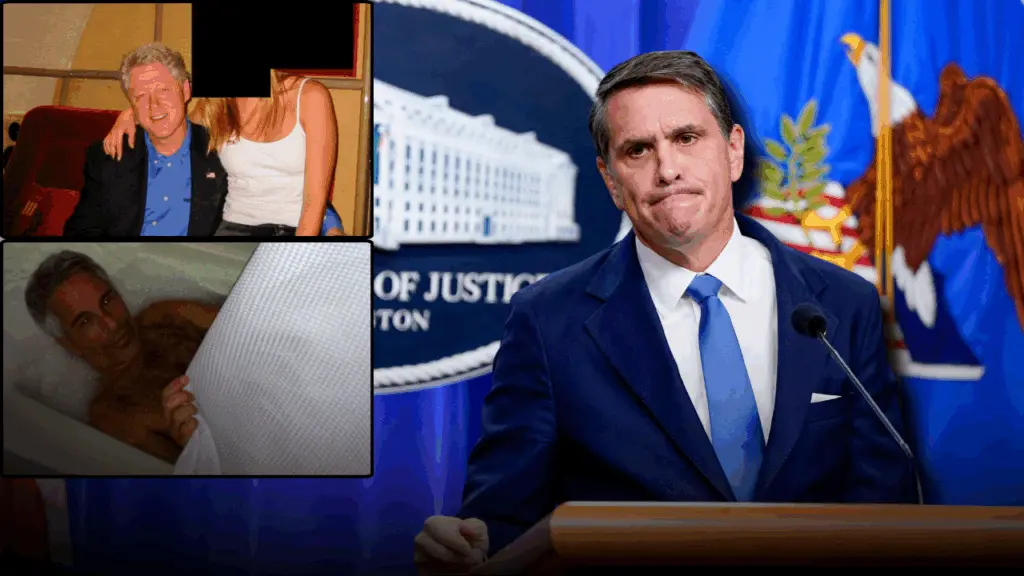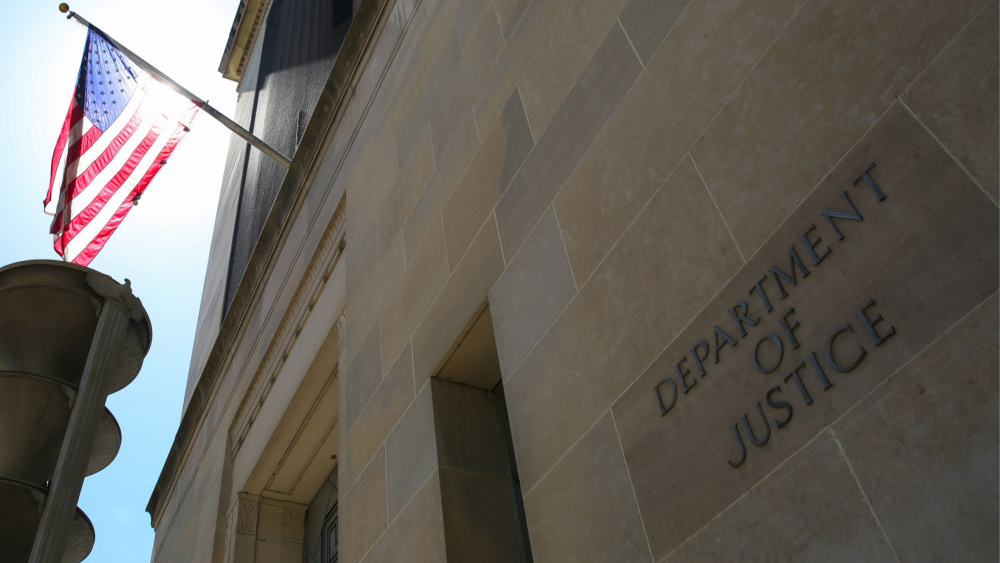
Shutterstock_2152403209-1
On Tuesday, federal prosecutors announced charges were filed against 47 people accused of carrying out the biggest Covid fraud scheme to date, stealing $250 million in a plot that exploited a federal program designed to feed needy children in Minnesota. U.S. Attorney Andrew M. Luger said in a statement: “This was a brazen scheme of staggering proportions. The defendants worked extremely fast, stealing money at a breakneck pace,” he added at a news conference announcing the charges.”More than 125 million fake meals are at issue in this case.”
Prosecutors say the fraud was overseen by Aimee Bock, who ran a nonprofit called Feeding Our Future. She has denied wrongdoing and argued that if fraud occurred, it was without her knowledge. Prosecutors say charities, restaurants and individuals were involved in the fraud by claiming they were providing meals for thousands of underserved children — but in fact, the money was going to commercial real estate, luxury cars, and fancy homes. Nonprofits such as Feeding Our Future were supposed to sponsor and oversee the restaurants, community centers and other places where the meals were to be provided.
The indictments say Feeding Our Future opened more than 250 meal distribution sites throughout Minnesota and fraudulently obtained and disbursed more than $240 million in funds from the Federal Child Nutrition Program, run by the Agriculture Department. Many of the defendants are charged not only with fraud but with bribery because the government alleges the charities took kickbacks from the food sites in exchange for steering them federal grants.
The FBI said in court records that in the summer of 2020, state officials became suspicious of the large number of meals being claimed at sites sponsored by Feeding Our Future and sought to deny payments at many of them. State officials ultimately contacted the FBI, which began investigating, and conducted a series of raids in January that closed down the funding streams. The Justice Department has seized property, vehicles and bank accounts worth $50 million so far.
Editorial credit: Bo Shen / Shutterstock.com








